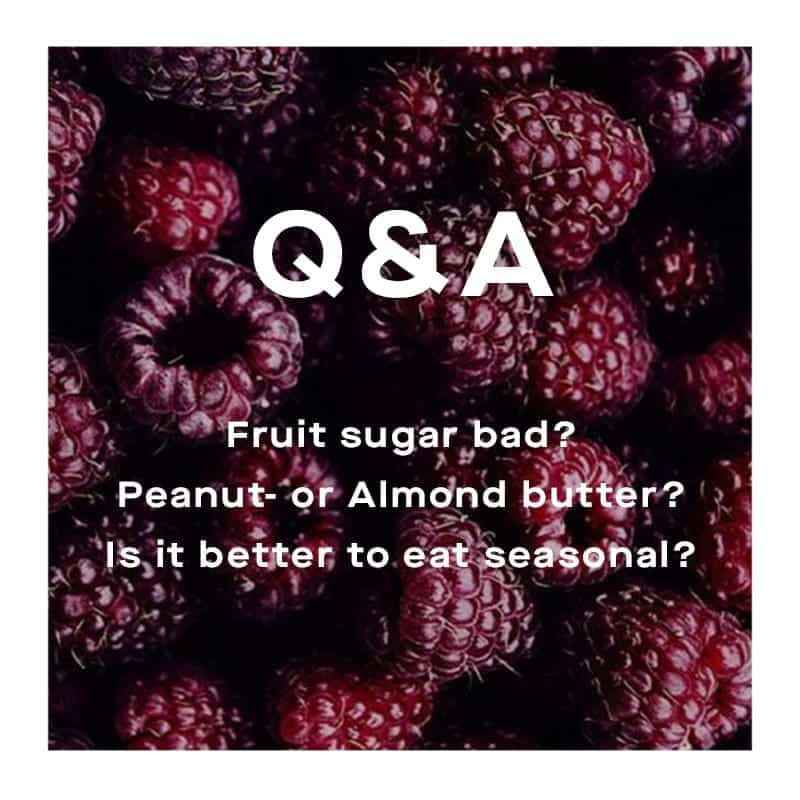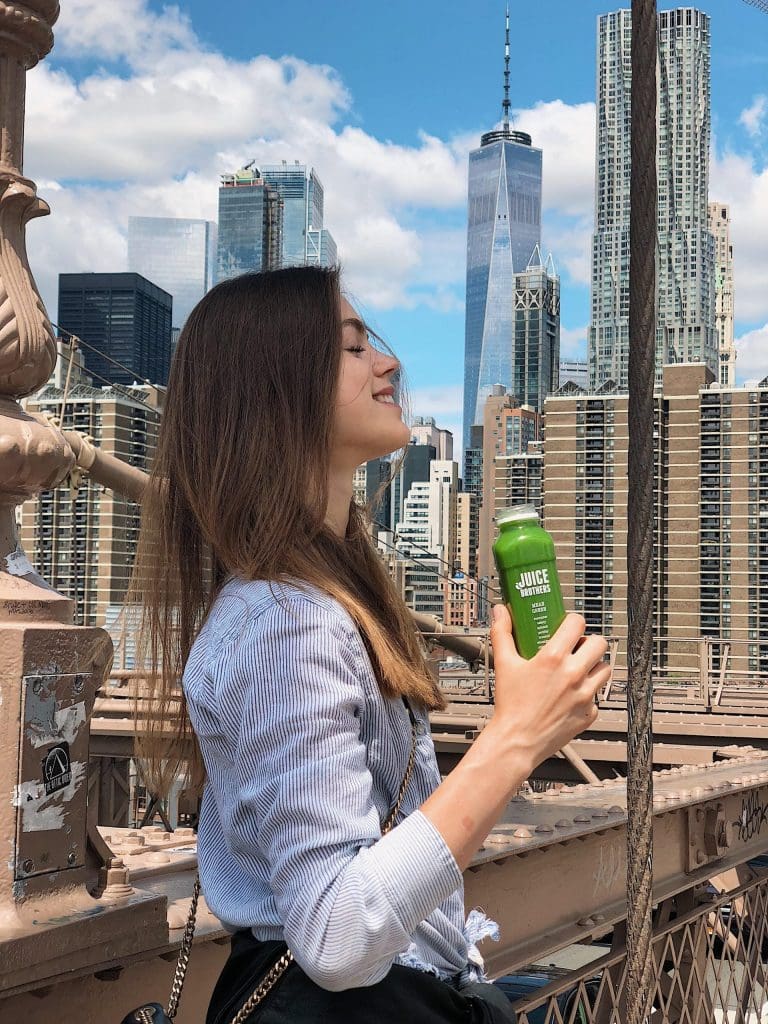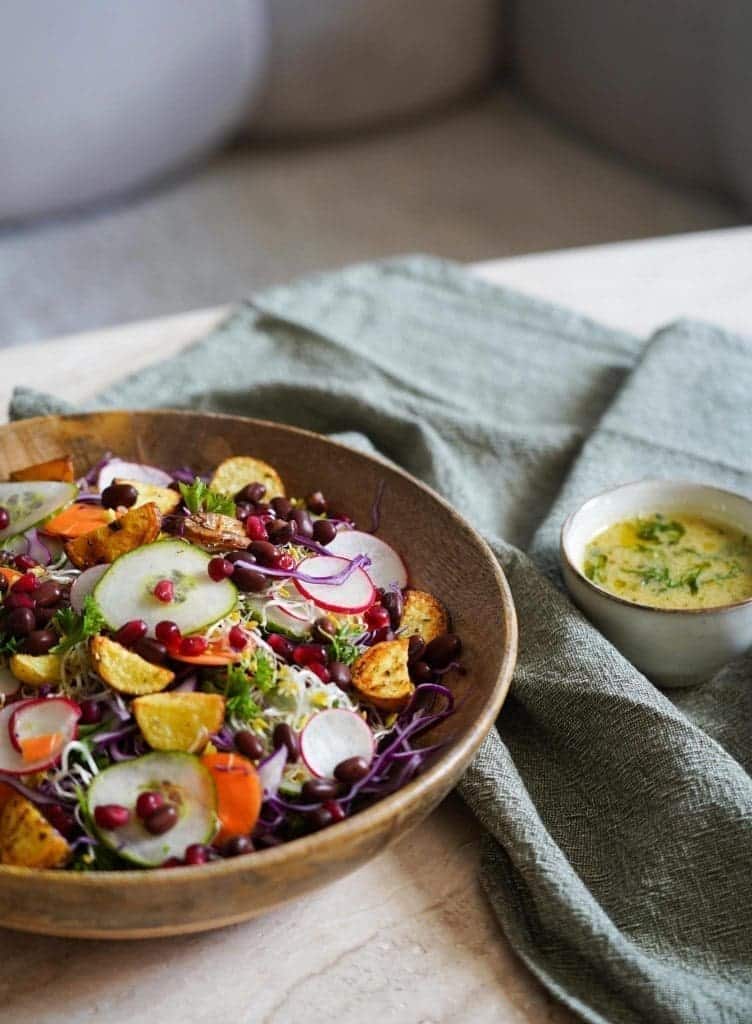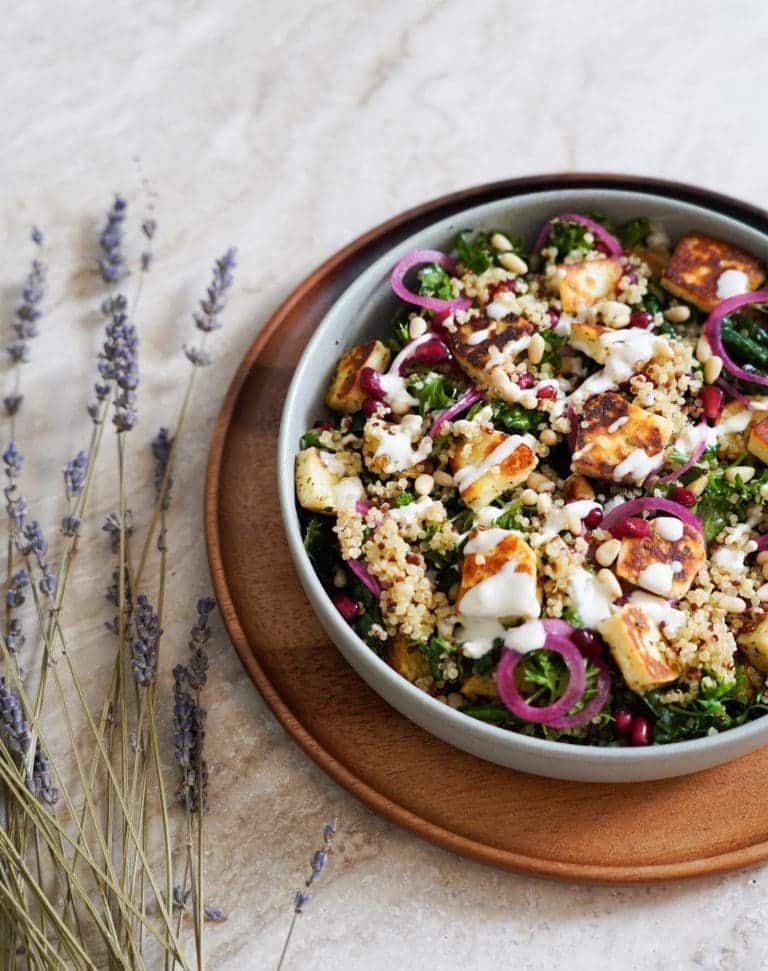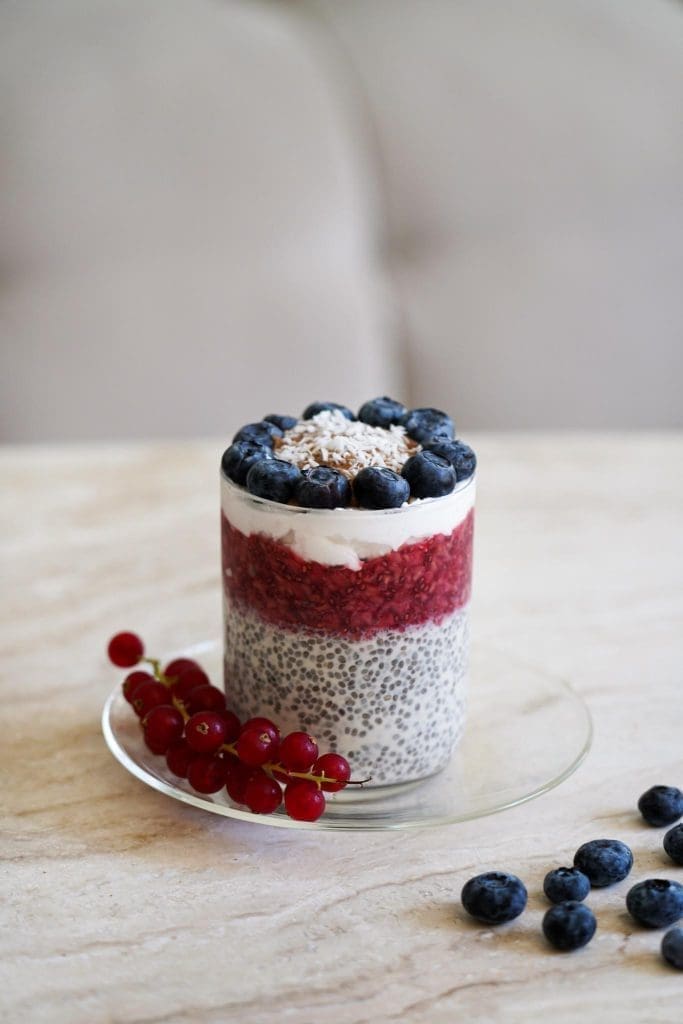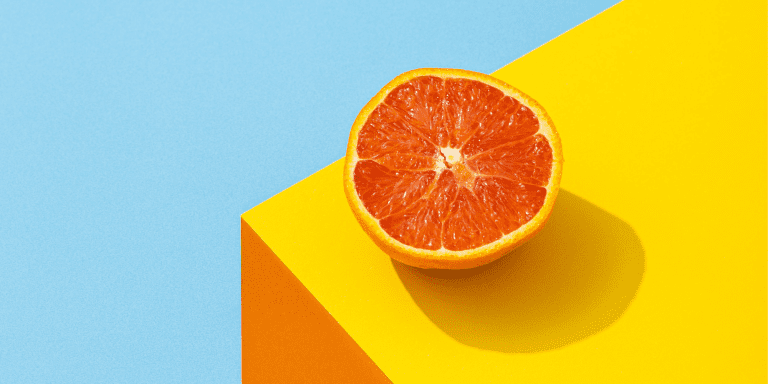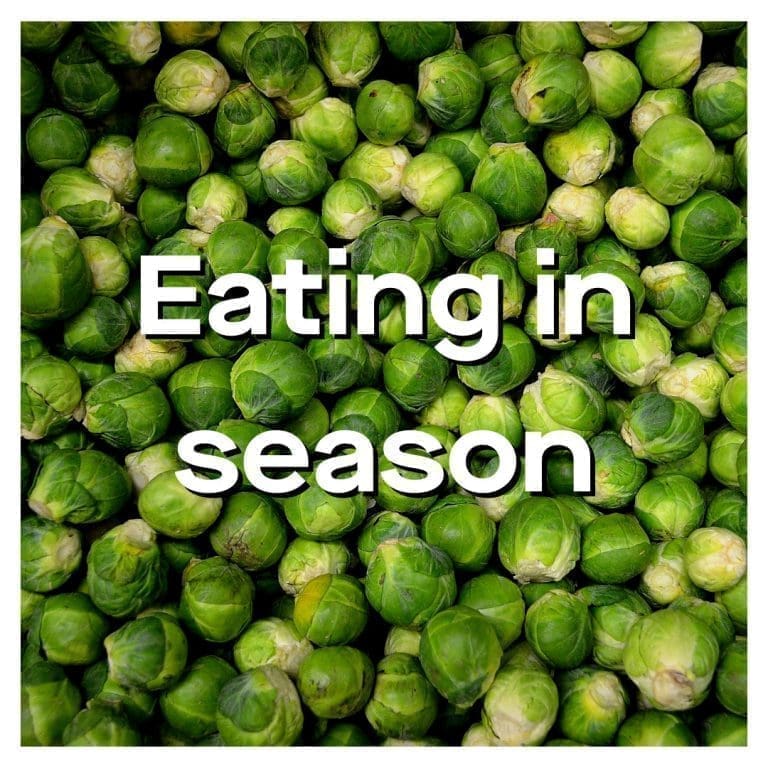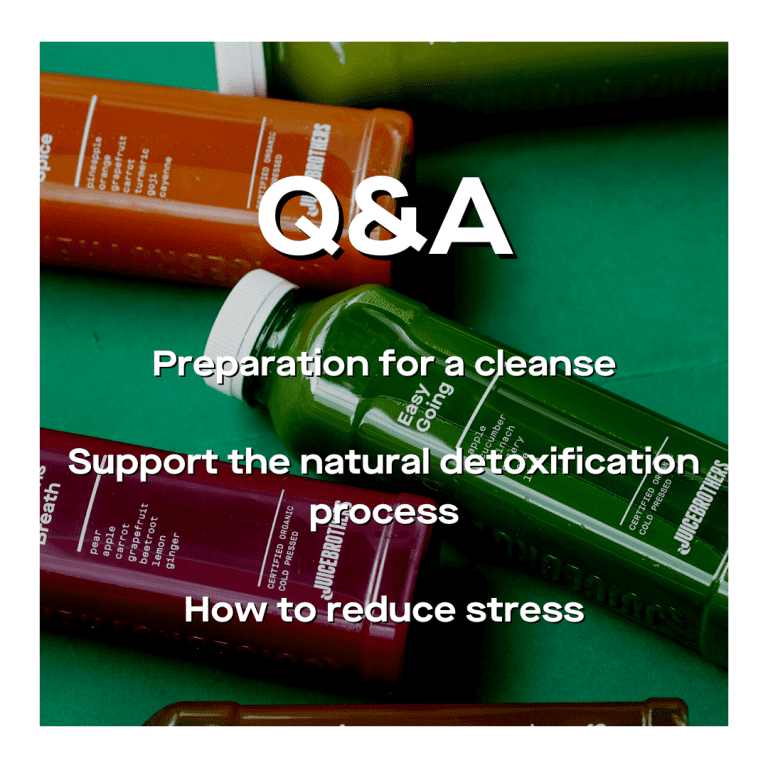1) Is fruit sugar bad for you?
Such a great question!
To keep it simple: enjoy fruit and vegetables and be careful with fruit sugar (fructose) in the form of added sugars.
Fruits and vegetables are relatively low in sugar and rich in vitamins, minerals, phytonutrients, and antioxidants that your body loves and also needs for a strong immune system and to prevent diseases.
The problem arises with the unnatural form of fructose that many people consume way too often through soft drinks, cookies, candy, ice cream, breakfast cereals, granola bars, fruit yogurts, sauces, salad dressings etc. This is extremely addictive and not good for your health. It can lead to weight gain, heart disease, type 2 diabetes, and a variety of other chronic diseases.
You also definitely want to avoid high-fructose corn syrup. This is an industrial product that is extracted from corn stalks through a chemical enzymatic process. It is sweeter and more addictive than table sugar and very cheap to make. Continuous consumption of this product can lead to intestinal problems, leaky gut, decreased insulin sensitivity, more visceral fat, disturbed hormone balance etc.
If you have type 2 diabetes, struggle with weight loss, or gut dysbiosis, you may want to focus on fruits that are low in sugar such as blueberries, blackberries, raspberries, kiwis, lime & lemon!
2) Which is better: almond butter or peanut butter?
On a strictly nutritional basis, almond butter is slightly healthier as it contains more vitamins, minerals and fiber, but truly only by a bit. The amount of calories is pretty much the same – two tablespoons of either nut butter contains about 200 calories.
What’s most important is that you choose what works best for your body. Some people are sensitive to peanuts, others to almonds.
Whatever you choose, choose a nut butter that doesn’t contain any added sugar, partially hydrogenated oils or trans fats, or artificial ingredients. There should be one ingredient on the label: ‘’almonds’’ or ‘’peanuts’’. That’s it!
3) Is it better to eat seasonal fruits and vegetables?
It definitely has some great benefits! If you eat fruits and vegetables that are in-season, and locally grown, you’re eating ultra-fresh food with all the nutritional benefits.
In-season produce also tastes better. When fruits and vegetables get a chance to naturally ripen on the vine or tree and are harvested at the right time, it will have much more flavor. When crops are imported it’s been harvested early and refrigerated so they don’t spoil during transportation. Unfortunately, chilling will reduce the flavor.
Some other benefits of eating in-season include:
– That you might be exposing yourself to vegetables you would normally not necessarily think of and discover a new way of cooking
– You’re helping the environment a little as it is less taxing compared to fruits and vegetables that need to be imported (airplane).
– And lastly, it kinda makes sense to eat in-season. In the winter your body craves more hot meals, healthy stews, soups, and other warming meals, while in the summer you crave more cooling fruits and vegetables such as strawberries, blueberries, blackberries, citrus, etc. Some of my favorite power-house vegetables for the spring and summer are asperges, cucumber, celery, bokchoy, radish, tomato, zucchini, spinach, and green onion.

